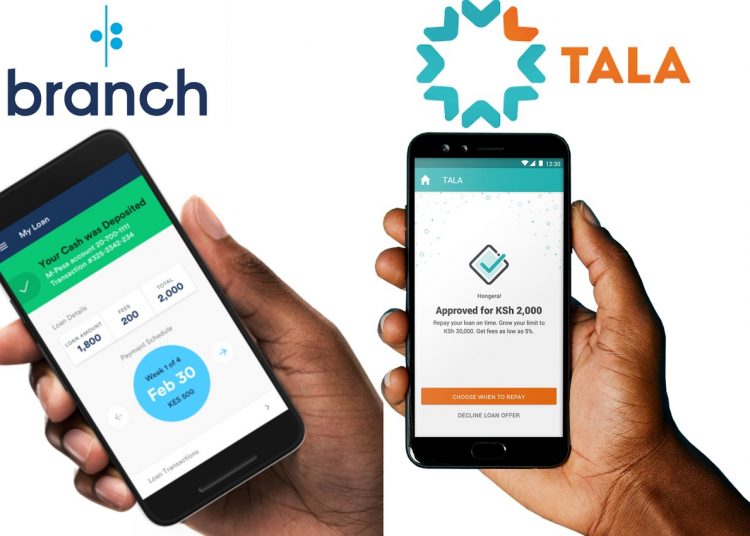Digital Lenders Association of Kenya (DLAK) has protested a change in the law that will allow the Central Bank Kenya (CBK) unilateral powers to revoke their licences in case they breach confidentiality agreements with borrowers.
In a statement, DLAK said it wants the Digital Credit Providers Regulations, 2021 amended to do away with the clause that gives CBK overriding powers to revoke licences.
“We suggest that the criteria for revoking or suspending licence should be different as revoking a licence is the most serious consequence for a digital provider,” DLAK says.
Read: Treasury To Partly Pay Loans For MSMEs In Credit Guarantee Scheme
“We are of the view that no action should be taken by the CBK until a final decision has been issued by the data commissioner as digital credit providers will have to follow a separate process in relation to any data protection concerns.”
Several digital lenders have been using private information extracted from borrowers’ phones to intimidate and even embarrass them, in a bid to recover defaulted loans.
The new regulations were gazetted by the CBK in January and will be operationalised in March, a move that will see the digital lenders placed under CBK’s watch, just like the brick and mortar lenders.
DLAK says that should be an incident of breach of confidentiality, CBK should wait for a final decision from the Office of Data Protection.
Read: CBK suspends Absa Bank from forex market
The Central Bank of Kenya (Amendment) Act, 2021, became effective on December 23, 2021. The Amendment provides CBK with the powers to license and oversight the previously unregulated digital credit providers.
The Regulations provide for inter alia the licensing, governance, and credit operations of Digital Credit Providers (DCPs). They further provide for consumer protection, credit information sharing, and elaborate on the Anti-Money Laundering and Combating the Financing of Terrorism (AML/CFT) obligations of DCPs.
The regulations were developed following concerns by the public about the predatory practices of the unregulated digital credit providers, and in particular, their high cost, unethical debt collection practices, and the abuse of personal information.
Read Next: Co-op, Equity, KCB harvest from digital revolution



![[Photo/KNA]](https://financialday.co.ke/wp-content/uploads/2024/04/DSC_0505-1200x630-1-360x180.jpg)
![[Photo/Unsplash]](https://financialday.co.ke/wp-content/uploads/2023/08/GROCERY-360x180.jpg)

